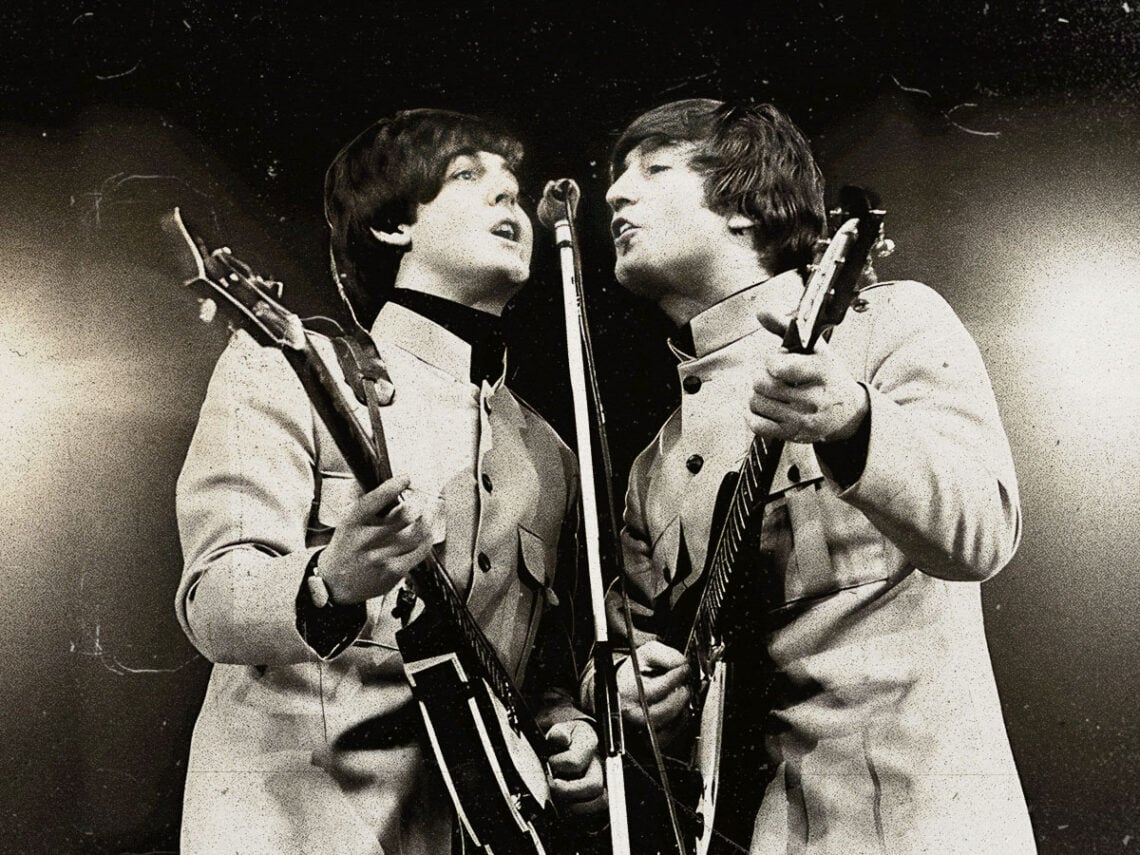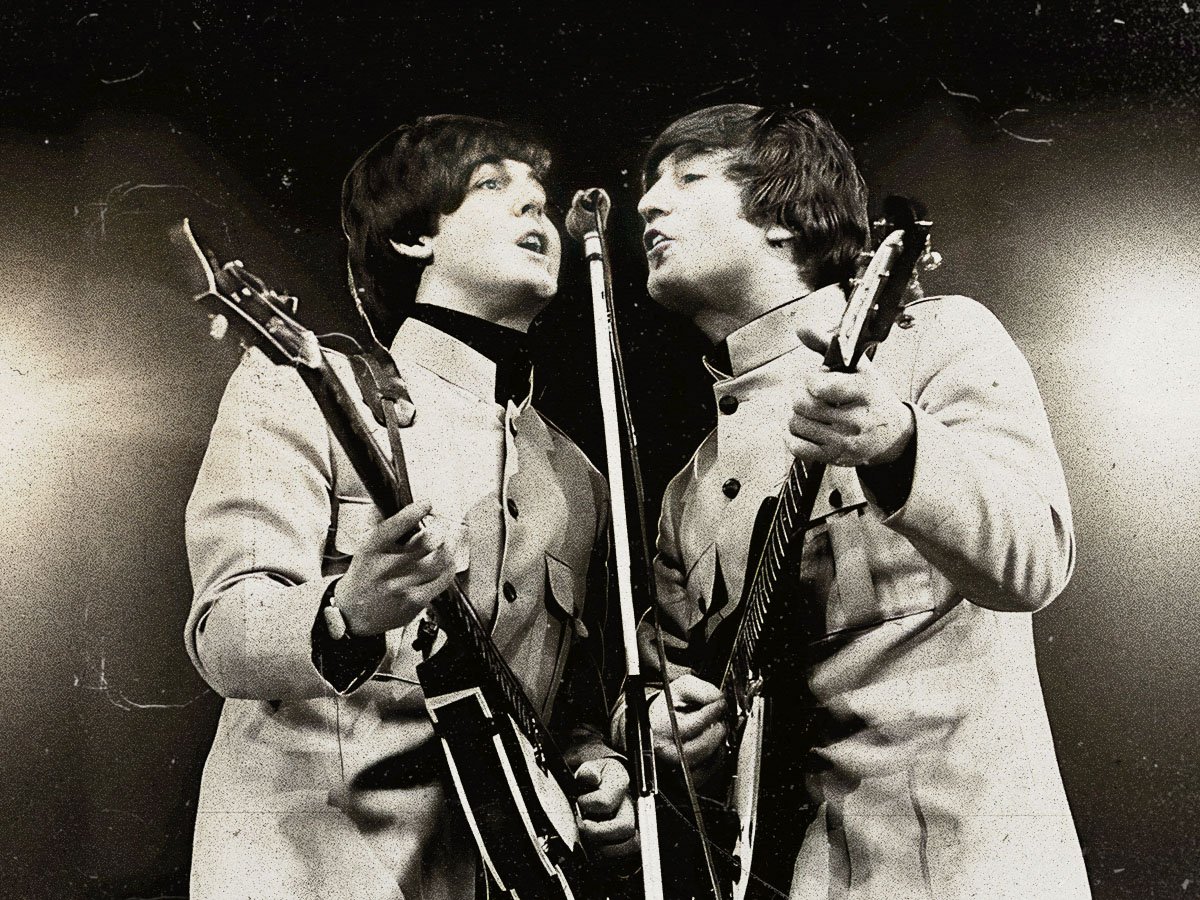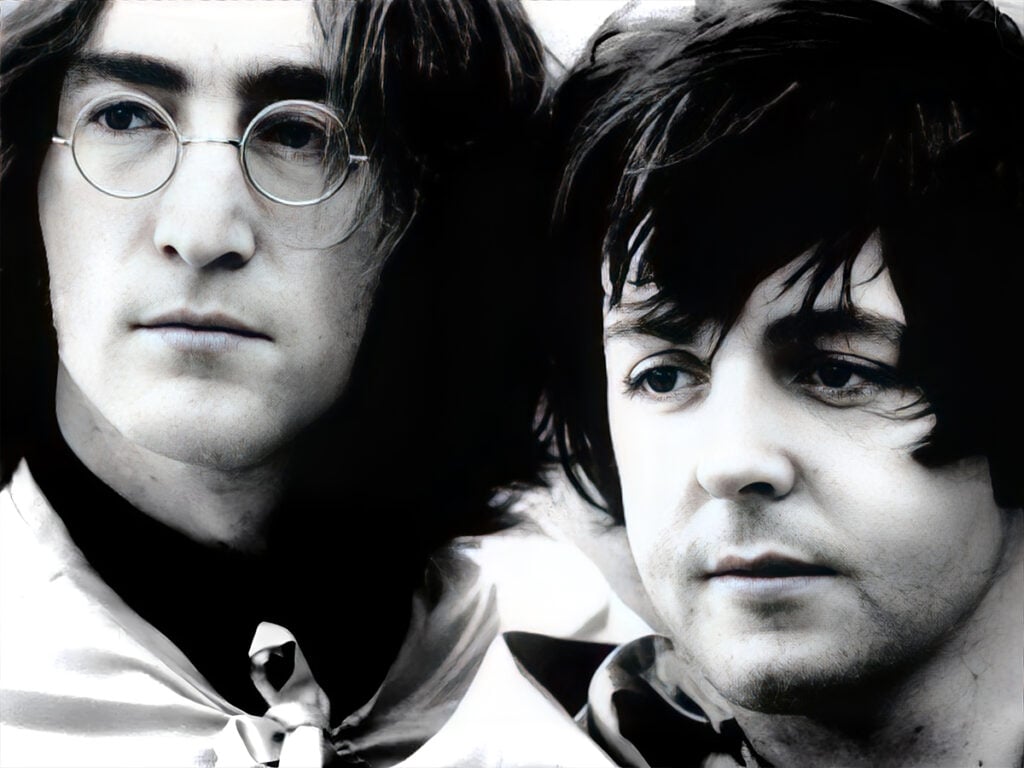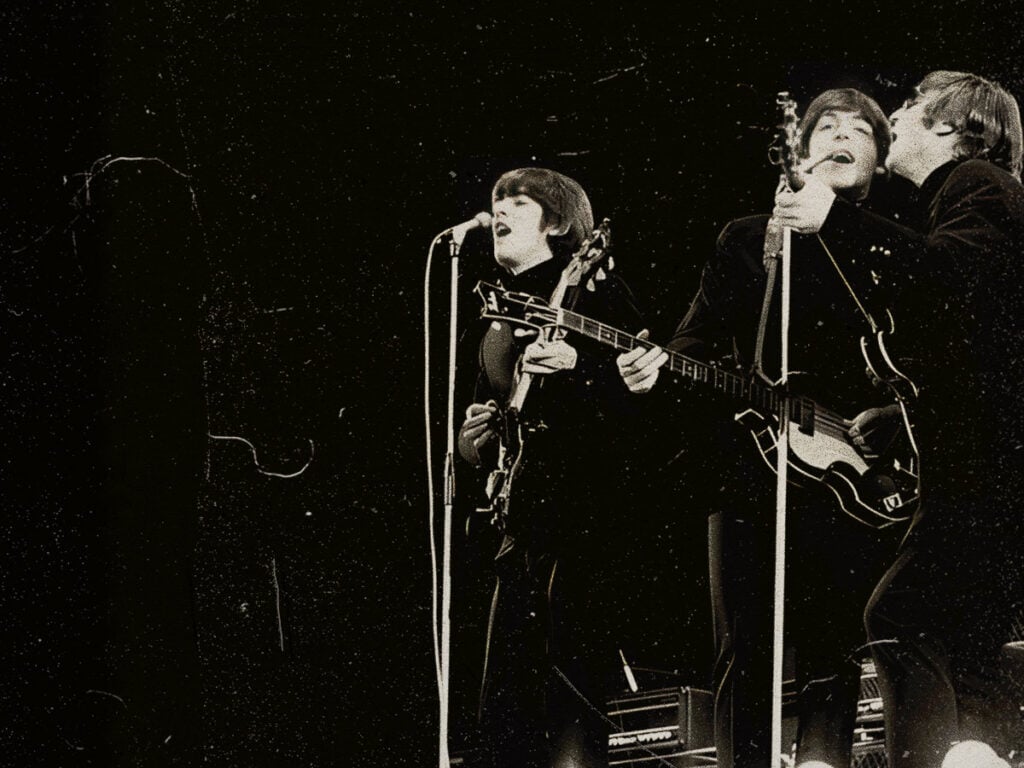
(Credits: Bent Rej)
Tue 21 October 2025 10:31, UK
For a time, there was only one love story in the world of music that anybody was really bothered about. Forget about Jane Birkin and Serge Gainsbourg, or Sonny and Cher. All eyes were on The Beatles and the beating heart of the operation, the pop maestros and musical ventricles known as John Lennon and Paul McCartney.
The two men were as vital to one another as the blood that pumped through their veins. But, as the creative cholesterol built up around them, it became clear they were facing a blockage that would lead to an unavoidable transplant.
After The Beatles split, a vacuum of pop music was filled by their individual pursuits. George Harrison was perhaps the most successful Beatle, but all eyes would always be on Lennon and McCartney, no matter how many records he sold.
The songwriting partnership had spawned so much of what was brilliant about the Fab Four that it was expected to receive the most attention. Their songs were pawed over with ruthlessness and often pitted against one another. It would mirror their personal lives.
Meeting as teenagers, Lennon and McCartney formed a strong bond over a familiar childhood and a penchant for pure rock and roll. The Beatles would form, and the group would gather speed at an alarming rate, all the while using Lennon-McCartney as their power station. Around these two men would the world’s biggest band centre, and together they created some of the most joyous songs ever heard.
But, as time went on and their personal differences began to grow, the duo would spend more time apart, and their songwriting sessions dwindled into a series of comments and remarks, far removed from their previous “eyeball to eyeball” writing workshops.
After The Beatles split, the tensions between them grew. Paul McCartney would be positioned as the man who pulled the trigger on the band, despite the entire group trying to leave The Beatles at one point or another. On the other hand, John Lennon would be cast as the serial rock and roll agitator, using his platform for an edgy discourse on war and peace. The bespectacled Beatle revelled in the opportunity too. With a new platform, Lennon’s music enriched itself in the outer reaches of pop, preferring to provide protest music for a new generation. In comparison, McCartney’s output seemed a little wet.
The bassist and singer had always had a fondness for the good old days and with the shackles of the Fab Four off, he set about crafting some fragrant ballads. With his own solo work and Wings, McCartney continued to toe the line between rock and pop, providing a sincere representation of his own passions. It would make his song ‘Too Many People’, a direct attack on John Lennon, stand out all the more obviously.
As many will know, Lennon didn’t take it lying down and fire his own shot across the bows of Good Ship McCartney with ‘How Do You Sleep?‘. It made for murky reading for those Beatles fans who were hoping for a reconciliation of sorts. However, things did eventually calm down and the pair di eventually begin to rekindle their friendship, even suggesting they nearly reunited live on SNL.
By 1976, things had calmed and Lennon had retreated from fame to give his efforts on being a father to his son with Yoko Ono, Sean. Following John Lennon’s return to the abstract wilderness of fatherhood, a return that saw him take a break from making music, he and McCartney managed their burgeoning friendship. During this brief respite, McCartney managed to find a bit of bitterness to write and record ‘Silly Love Songs’, a track aimed at Lennon’s consistent desire to remain edgy.
The duo had been talking about their differences in the band, and, in truth, Lennon had always set himself and McCartney apart. Lennon was the rocker in the group who wrote songs with brutal honesty and left them heaving with substance. In Lennon’s eyes, McCartney wrote ‘silly love songs’ and music hall numbers the bespectacled Beatle once labelled ‘granny shit’.
After talking about their chasm of creativity once more, McCartney couldn’t stop himself from writing a song about his friend once more. “What’s wrong with that?” asks McCartney in the song, showing his defiance at Lennon’s labelling. He’s right too. Wouldn’t the world be a boring place if all our musicians were Lennons and we didn’t have a single McCartney?
“There were accusations in the mid-1970s, including one from John, that I was just writing ‘silly love songs’. I suppose the idea was that I should be a bit tougher, a bit more worldly,” McCartney lamented in his 2023 book The Lyrics. The track would, instead, act as a rebuttal to the notion that love was anything but tough: “But then I suddenly realised, that’s exactly what love is. It’s worldly. ‘Some people want to fill the world/With silly love songs’. I’d been given that reputation, and I had to stand up for it.”
McCartney was resolute in his defence, not only of his own style, but of love in general. He had grown up on the thread of love being woven into everything he did, and he wasn’t going to give that up now. “Instead of abandoning songs about love, just get on with it, get into it and don’t be embarrassed,” he wrote, “because even though you might say this is a soppy subject, it’s actually the opposite: this thing people can feel for each other that makes life better. I think that’s the crux of it, and if you want to be cynical, it’s easy, you can.”
He concluded: “‘Love doesn’t come in a minute/Sometimes it doesn’t come at all’. I think a lot of people who are cynical about love haven’t been lucky enough to feel it.”
This is the case the bass player makes with aplomb on the song and provides a stunning reminder to both us as an audience and the only audience member Macca ever really cared about, John Lennon.
Related Topics
The Far Out Beatles Newsletter
All the latest stories about The Beatles from the independent voice of culture.
Straight to your inbox.



